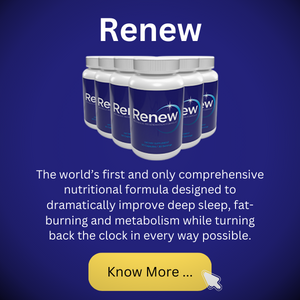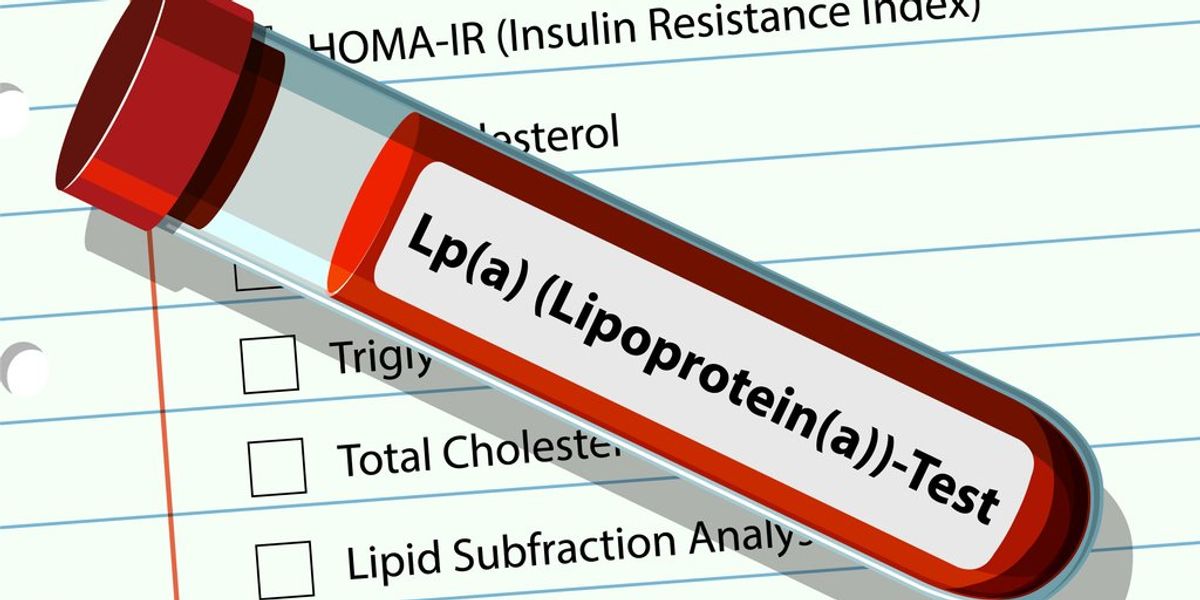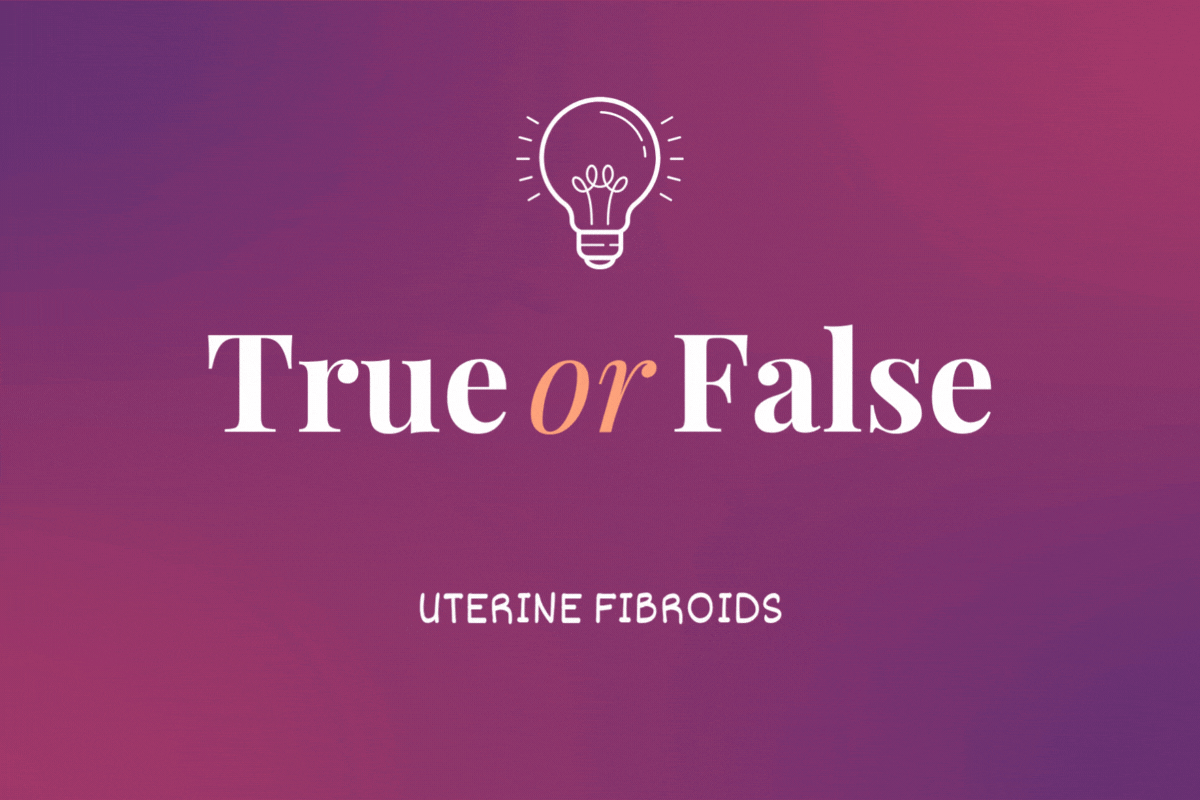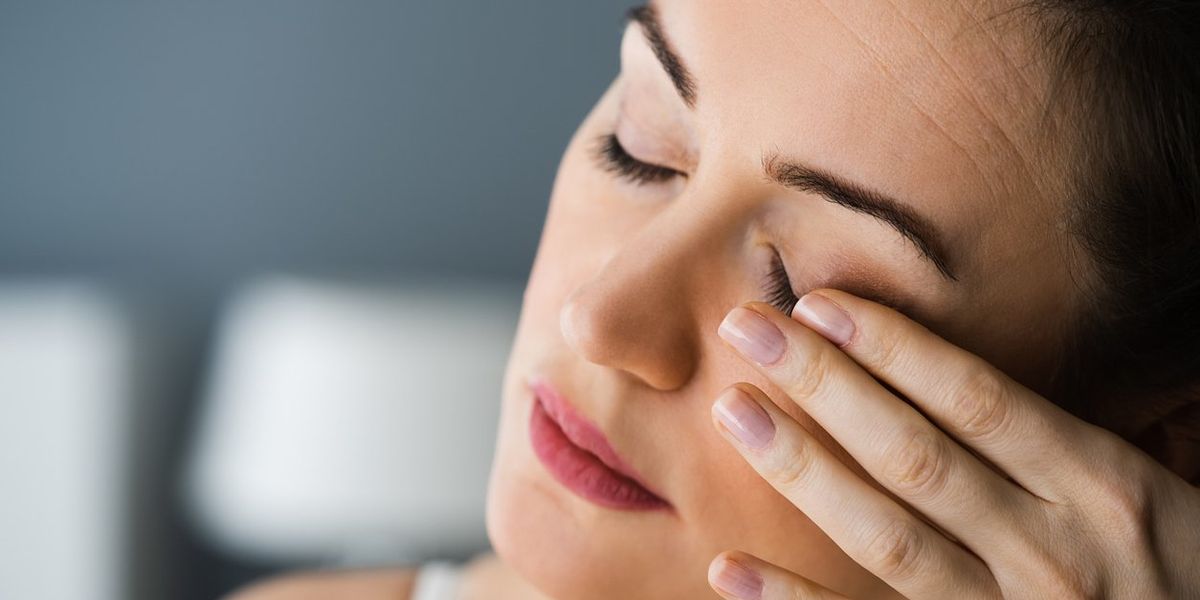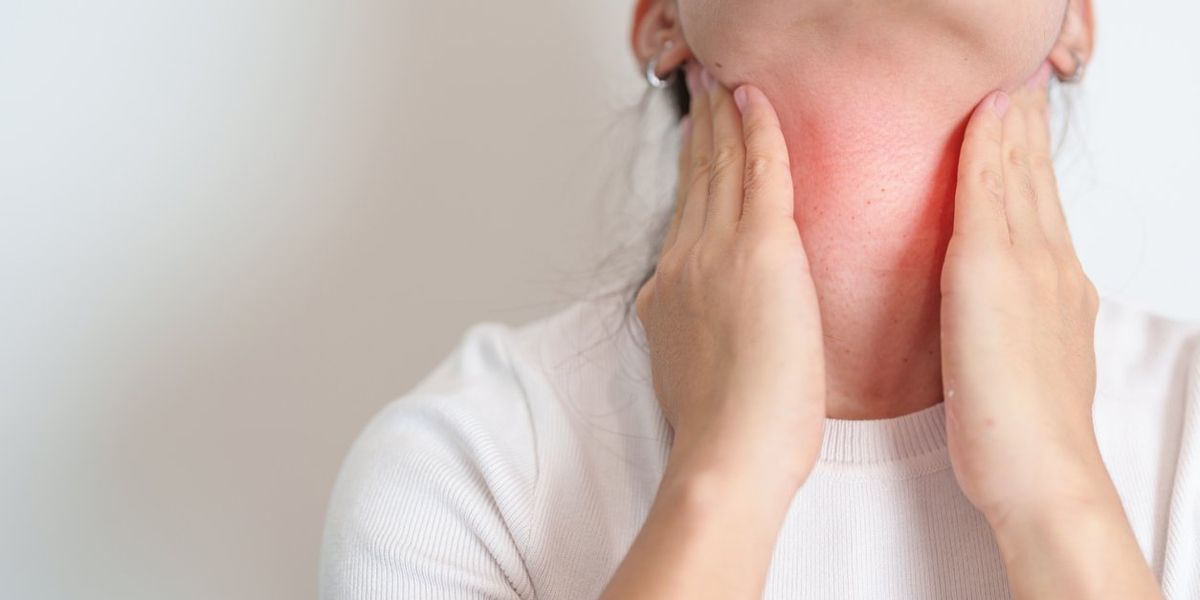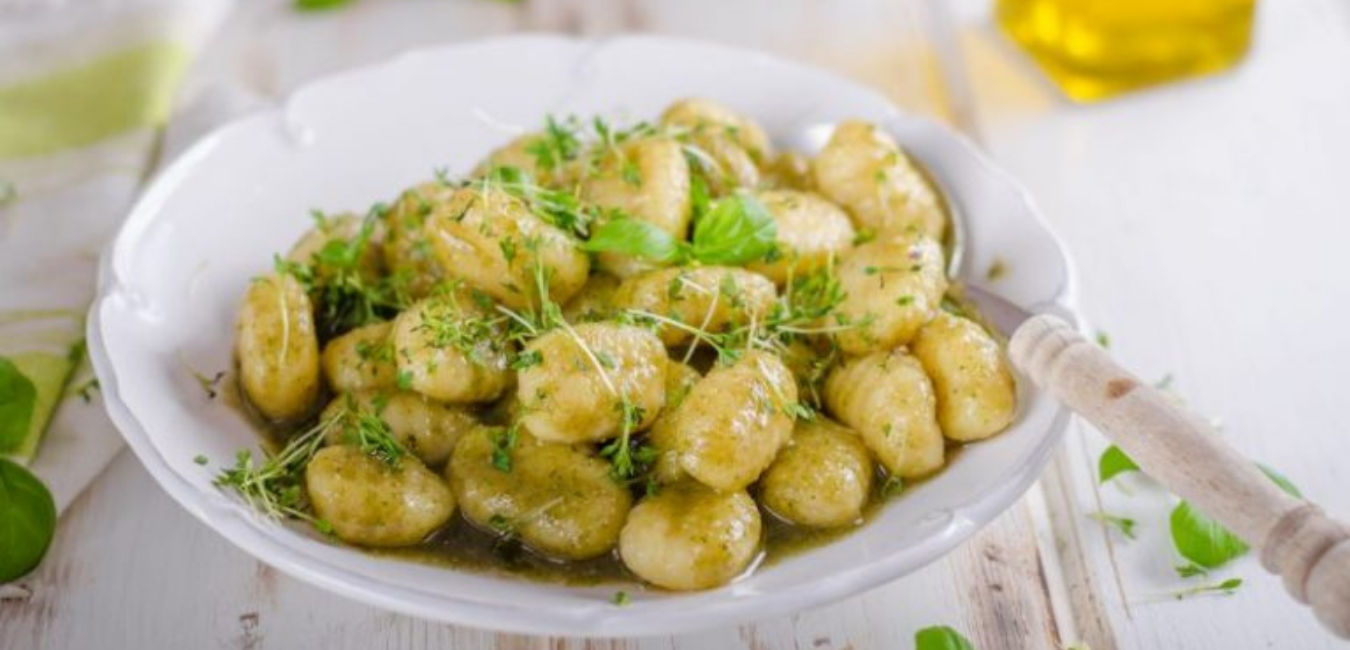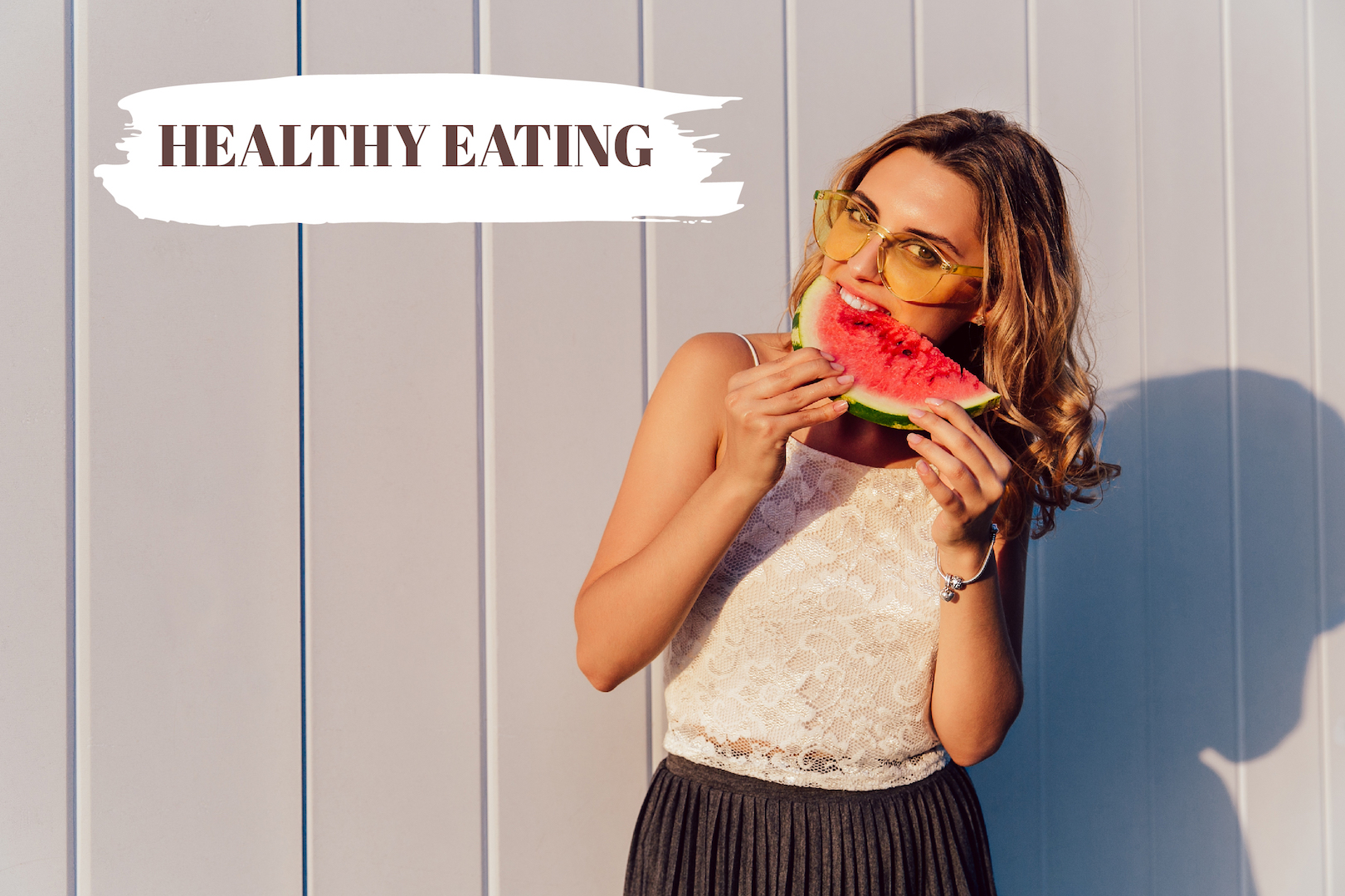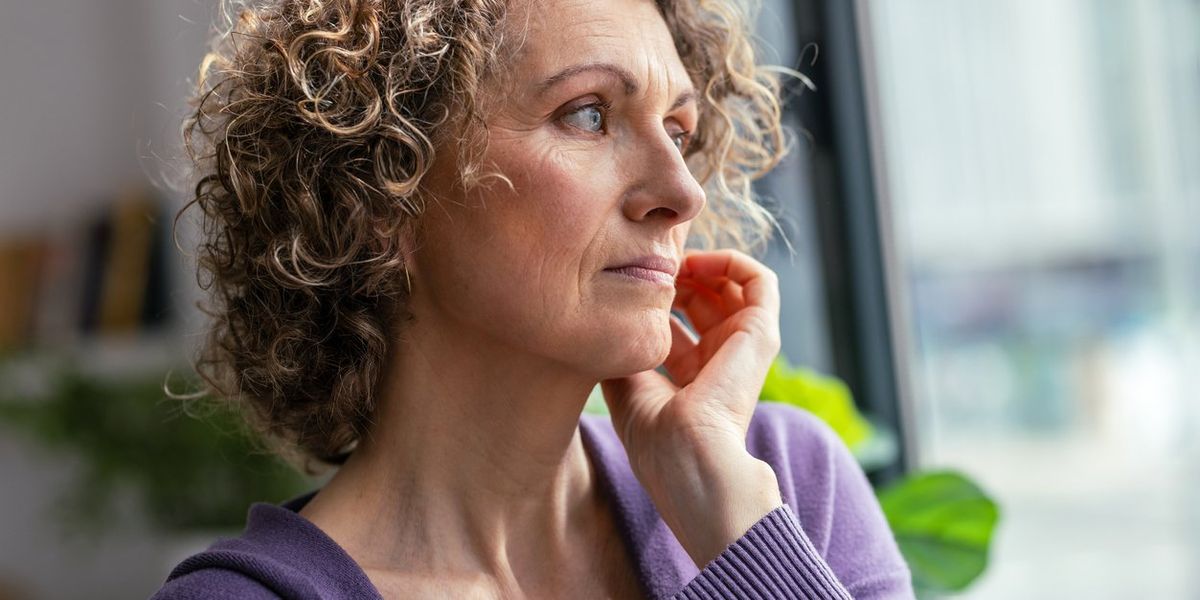Matcha, Macha? Bengalureans on the latest obsession with Matcha drinks
While matcha is often compared to green tea, Hemani explains that there is a key difference. “With matcha, you’re consuming the whole leaf, not just steeping it. That means more antioxidants, more sustained energy, and a fuller flavour.” Interestingly, long before matcha became a social media trend, it held a spiritual significance in East Asia. Its journey started centuries ago, weaving through Chinese Zen Buddhism, Japanese tea ceremonies, and now, modern health culture. Some people are getting into matcha for similar reasons. For Maheshwari Hireholi, a popular food blogger, the process of making matcha herself is the highlight. “I feel the whole process from whisking to adding water is very therapeutic and calming,” she says.
Partly due to this calming effect and associated health benefits, some are replacing their daily cup of coffee with matcha. Anokhi Bhardwaj, a Bengaluru-based matcha enthusiast popularly known for her Instagram page ‘Your Matcha Mommy’, discovered matcha in 2020 when looking for a caffeine alternative to reduce anxiety. “Coffee gave me jitters and anxiety, but matcha has lower caffeine and calming compositions, which completely changed that,” she shares. Bhardwaj drinks matcha twice a day, both as a traditional ‘Usucha’ [meaning thin tea in Japanese] without milk and in fun latte variations. “It’s earthy, slightly bitter with a sweet finish. The better the quality, the richer the umami,” she adds.
Source link
Share this article:


